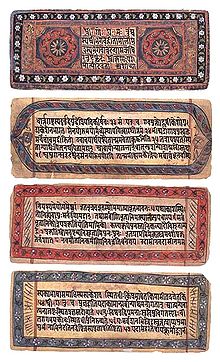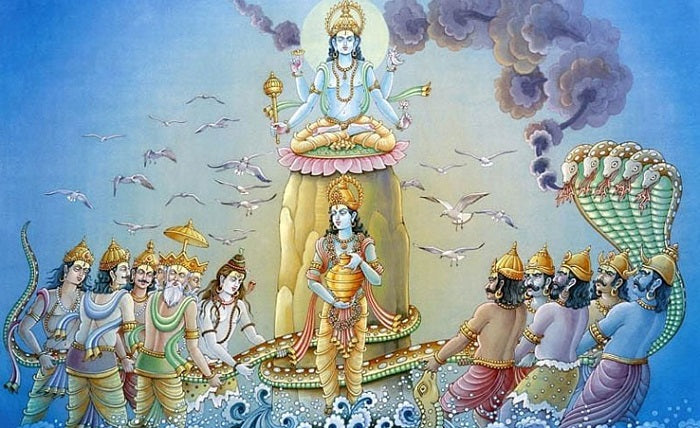
The Connection Between Yoga and Upanishads: A Spiritual Journey
Yoga and Upanishads are two integral components of ancient Indian spiritual wisdom that have been intertwined for millennia. While Yoga is a system of physical, mental, and spiritual practices aimed at achieving harmony and self-realization, the Upanishads are profound philosophical texts that delve into the nature of reality, consciousness, and the self. In this blog, we embark on a spiritual journey to explore the deep connection between Yoga and Upanishads, uncovering how these two ancient traditions complement and enrich each other in the pursuit of higher consciousness and self-awareness.
- The Roots of Yoga and the Upanishads
Yoga and the Upanishads both trace their origins back to ancient India, with Yoga practices evolving from the Indus Valley civilization and the Upanishads emerging as part of the Vedic literature. The Upanishads, which explore the nature of the self (Atman) and the ultimate reality (Brahman), provide the philosophical foundation for the spiritual journey of Yoga.
- Jnana Yoga: The Yoga of Knowledge
The Upanishads lay the groundwork for Jnana Yoga, the Yoga of Knowledge. This path encourages seekers to inquire into the nature of reality and their true selves. It involves self-inquiry and contemplation to realize the unity between individual consciousness (Atman) and the universal consciousness (Brahman) – a central theme in the Upanishads. The pursuit of knowledge and understanding of the higher truths are integral to both the Upanishads and Jnana Yoga.
- Raja Yoga: The Yoga of Meditation
Raja Yoga, the Yoga of Meditation, is also deeply influenced by the teachings of the Upanishads. As practitioners progress in their meditation, they gain insight into the interconnectedness of all existence and experience glimpses of the oneness between Atman and Brahman – a profound revelation that echoes the core teachings of the Upanishads.
- Karma Yoga: The Yoga of Selfless Action
The concept of Karma (the law of cause and effect) is derived from the Upanishads, and it significantly influences the practice of Karma Yoga, the Yoga of Selfless Action. The Upanishads emphasize the importance of righteous action (Dharma) and selfless service without attachment to the outcomes. Karma Yoga aligns with these teachings, guiding practitioners to perform their duties with selflessness and devotion.
- Bhakti Yoga: The Yoga of Devotion
Bhakti Yoga, the Yoga of Devotion, is deeply inspired by the Upanishads' concepts of divine love and surrender. The Upanishads depict the ultimate reality (Brahman) as a compassionate and benevolent force, worthy of devotion. Bhakti Yoga harnesses this devotion to foster a deep connection with the divine and recognize the presence of the ultimate reality in all aspects of existence.
- Yoga as a Means to Self-Realization
The Upanishads and Yoga share the common goal of self-realization, the direct knowledge of one's true self and the realization of the oneness with the ultimate reality. The philosophical wisdom of the Upanishads provides the intellectual foundation for the transformative practices of Yoga, making the spiritual journey more profound and purposeful.
Conclusion
The spiritual journey that intertwines Yoga and Upanishads is a path of profound self-discovery and realization. The teachings of the Upanishads, exploring the nature of the self (Atman) and the ultimate reality (Brahman), provide the philosophical underpinning for the diverse practices of Yoga.
From Jnana Yoga's pursuit of knowledge and wisdom to Raja Yoga's deep meditation, and from Karma Yoga's selfless action to Bhakti Yoga's devotion, these paths converge on the common goal of self-realization and union with the divine.
The connection between Yoga and Upanishads reflects the synergy between profound philosophy and transformative practice, leading seekers on a spiritual journey of higher consciousness, self-awareness, and liberation. As we embrace this harmonious integration, we embark on a transformative voyage of self-discovery and spiritual growth, ultimately attaining the timeless wisdom that lies at the core of both Yoga and Upanishads.
By Nishita Khanna
(The images used in this blog post are not owned by Anime Devta, they are just to help the readers)

